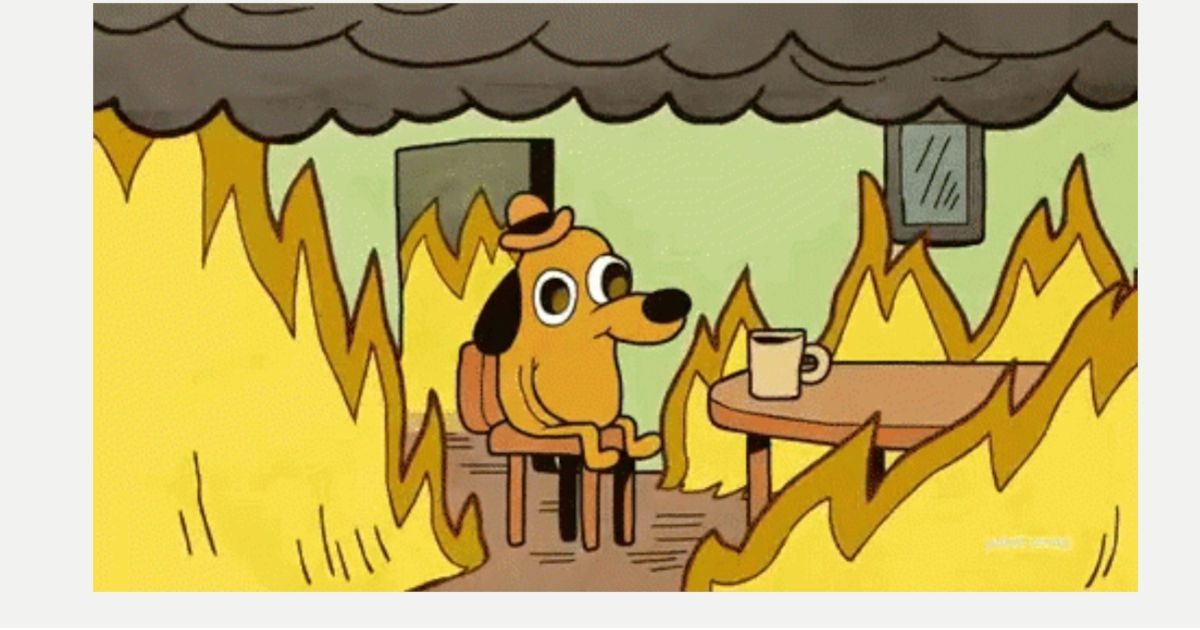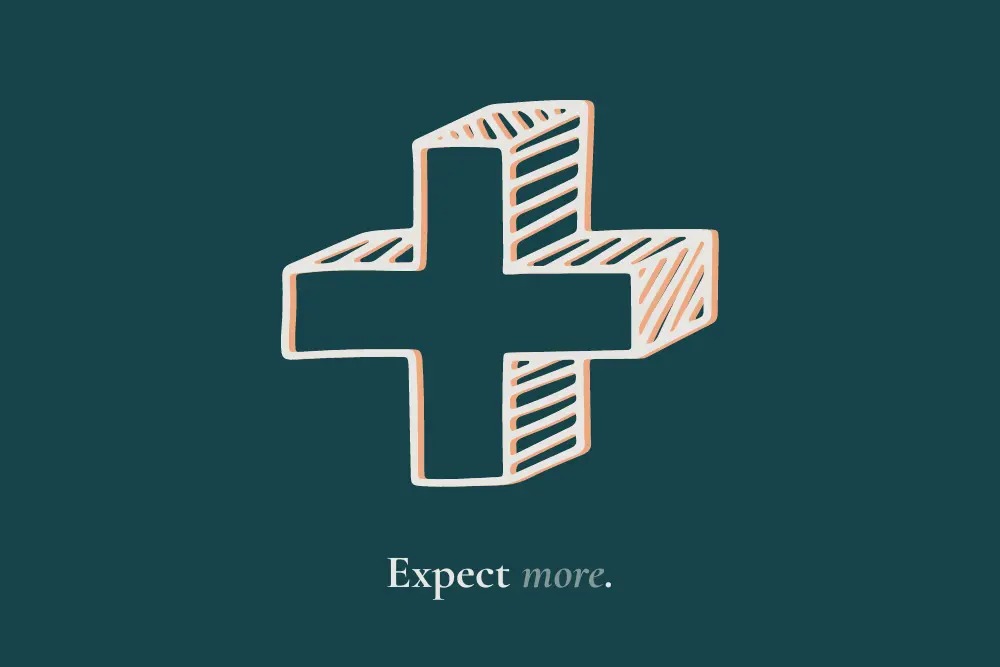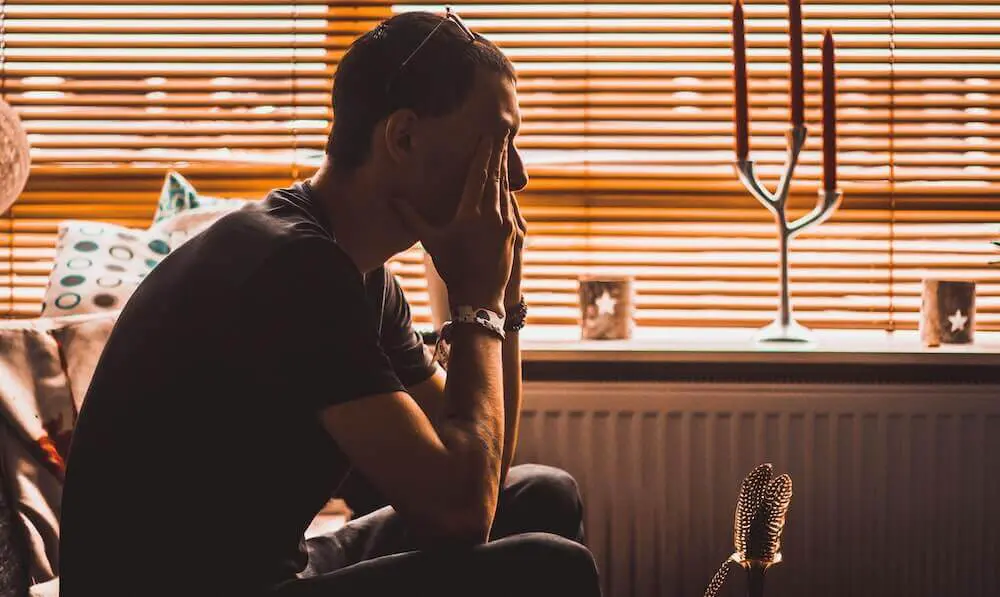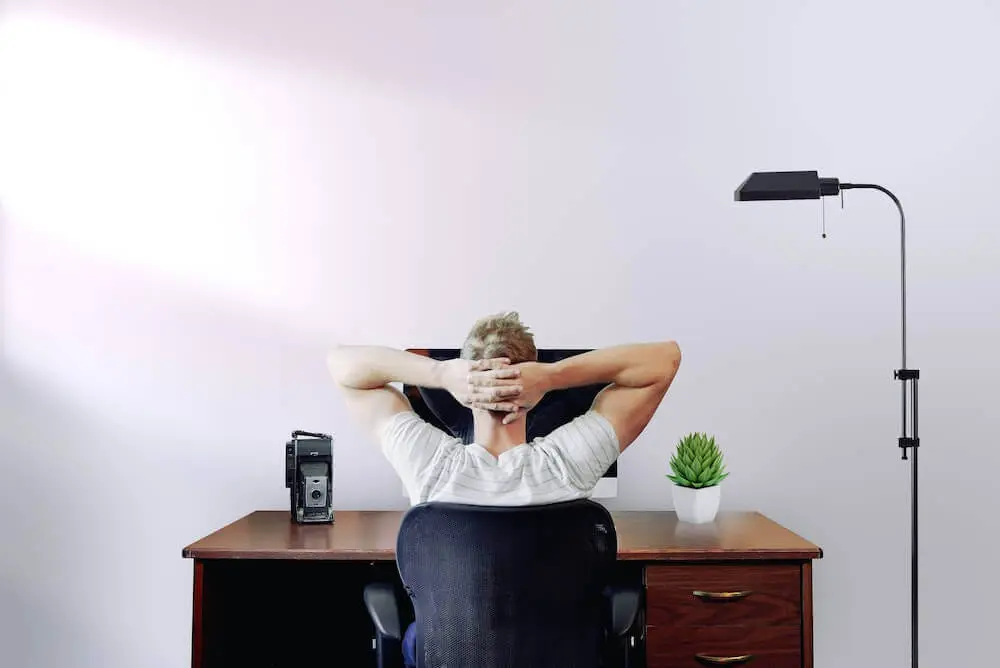Are You Working, Exercising Or Eating In The Same Space That You Sleep?
Keeping our sleep space separate from our living and working space can do wonders for sleep.
During the pandemic, when many of us were working, going to school or educating our kids from home, it became even more difficult to keep work and responsibilities out of the bedroom, causing more sleep challenges.
Why won’t my brain just shut up!
Your brain just wants the best for you — seriously, it works so hard! — but it doesn’t feel that way when it comes to sleep. It seems the moment our head hits the pillow, that’s when we’re barraged with our to-do list for the next day, or a slideshow of our most embarrassing moments. If we can’t calm these racing thoughts and relax our minds, they can prevent us from getting restful sleep.
To add insult to injury, our beliefs about sleep impact our ability to fall asleep. If we doubt we’ll fall asleep or are afraid we won’t fall asleep, it’s far more likely that we won’t!
Consequences of not getting enough sleep
We all know that sleep is important, but it’s the first thing we’ll do without when we’re in a crunch. Despite all the evidence to the contrary, many of us still believe or act like sleep is optional.
This couldn’t be further from the truth! Sleep is recovery time. It’s when the brain stores new information and gets rid of toxic waste, nerve cells communicate and reorganize, and the body repairs cells, restores energy, and releases essential hormones and proteins.
When we don’t get a good night's sleep, we wake up feeling exhausted, unmotivated, and in a bad mood. We fall behind in work, we’re too tired to exercise, and we may cancel plans because we just don’t have the energy, or we don’t want to bring everyone down with our negativity. We tell ourselves that we’ll go to bed extra early to catch up on our rest, but this often ends up triggering the vicious cycle of poor sleep.
The vicious cycle of poor sleep
When we’ve had a bad day because of a bad night’s sleep, we put added pressure on ourselves to get a “really good night’s sleep this time”. We might go to bed much earlier than normal and tell ourselves that we must sleep or we won't be able to function in the morning.
When we are inevitably unable to fall asleep by 8pm, we start to doubt that we’ll be able to fall asleep at all, and start worrying about how that’s going to affect us the next day. Doubt, stress and fear are not a good combination for restful sleep. After another night of restless sleep, we start the vicious cycle over (and over) again.
To help you break the vicious cycle of poor sleep, here’s a list of lesser-known sleep hacks that can help you calm your racing thoughts, tackle the perceptions you have about sleep that can keep you up, and start sleeping like a baby again.
4 sleep hacks for more (and better) sleep
- Schedule worry time. Designate a certain amount of time to worry each day. For example, 6-6:30pm is your scheduled “worry time”. If worries pop up at other points during the day, you can acknowledge them or write them down, but they have to wait until worry time to occupy your mental space.
- Implement the 15-minute rule. The 15-minute rule involves getting out of bed if you haven’t been able to fall asleep because of racing thoughts for more than 15 minutes. Changing rooms or switching up activities can help disrupt and distract us from our racing thoughts.
- Start a worry journal. Keeping a worry journal, where you write all the things that you’re anxious or stressed about before getting into bed, can help prevent the racing thoughts or worries from popping up once your head hits the pillow. By writing it down beforehand, you can respond to your unwanted thoughts with “we’ve already dealt with this issue, let’s move on to sleep.”
- Prepare for the next day. Thinking about what needs to get done in the morning can take up a lot of space in our minds at bedtime. Go to bed with peace of mind by choosing an outfit in advance, packing a lunch, and making sure important items you’ll need for the day are packed and ready to grab on your way out the door.
As a therapist, I know how important sleep is to our physical and mental health. I want you to break the vicious cycle of poor sleep and get back to your happy, motivated, restored self. You’ve got this!
This article was written by Amanda Kurgatnikov during their time at Shift Collab.














.gif)













![Summer Lovin' [not] Havin' a Blast](https://cdn.prod.website-files.com/625ec823c07cd8de32e1bae2/684af26ed2b68f821b628848_20240206T0910-fd1563e4-34d1-49e6-af59-9b95c717196a.webp)














































































